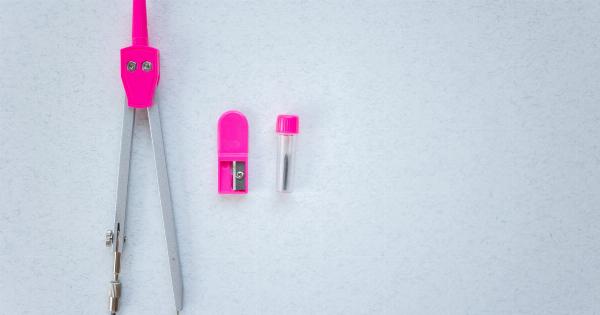Headaches are an incredibly common occurrence for many people. Most of us have experienced the occasional headache, often caused by stress, lack of sleep, or dehydration.
While these primary headaches are usually temporary and easily treatable, ignoring them or failing to manage them properly can lead to long-term consequences. In this article, we will explore the cumulative effects of neglecting primary headaches and the importance of addressing them promptly.
Understanding Primary Headaches
Primary headaches are not a result of an underlying medical condition. They are standalone conditions that can be triggered by various factors, including tension, lack of sleep, certain foods, or environmental stimuli.
The most common types of primary headaches include tension headaches, migraines, and cluster headaches.
Tension headaches are often described as a constant dull ache on both sides of the head. They may be caused by stress, muscle tension, or poor posture.
Migraines, on the other hand, are characterized by intense throbbing pain, often accompanied by nausea, sensitivity to light or sound, and visual disturbances. Cluster headaches are less common but incredibly painful, causing severe burning or piercing pain, usually on one side of the head.
The Importance of Prompt Treatment
While primary headaches are usually temporary and not life-threatening, neglecting them can have significant consequences. One of the primary reasons to address these headaches promptly is the potential for them to become chronic.
When headaches occur frequently or on a regular basis, they can severely impact an individual’s quality of life.
Chronic headaches can lead to physical and emotional distress, affecting work productivity, relationships, and overall well-being.
The constant pain and discomfort can cause mood disorders, such as depression or anxiety, and interfere with daily activities. Moreover, the reliance on pain medication to alleviate chronic headaches can result in medication overuse headaches, making the situation even more challenging to manage.
Long-Term Consequences of Neglected Primary Headaches
If primary headaches are not properly managed, they can lead to complications and long-term consequences. One such consequence is the development of medication overuse headaches, also known as rebound headaches.
When pain medication is overused or used frequently to manage headaches, the body can become accustomed to the medication, causing the headaches to return when the medication wears off. This creates a cycle of dependency on medications that can be difficult to break.
Additionally, chronic headaches have been associated with an increased risk of other health conditions. Studies have shown that individuals with chronic headaches are more likely to develop cardiovascular diseases, such as hypertension and stroke.
The constant strain and pressure on the head and neck can also lead to musculoskeletal issues, including neck and shoulder pain, and even temporomandibular joint disorders (TMJ).
Managing and Preventing Primary Headaches
Fortunately, there are several strategies to effectively manage and prevent primary headaches. The first step is to identify the triggers that lead to headaches and take appropriate preventive measures.
This may involve maintaining a headache diary to track potential triggers and avoiding or minimizing exposure to them. For some, stress management techniques, such as relaxation exercises or therapy, can significantly reduce headache frequency and severity.
In cases where primary headaches become chronic or significantly impact daily life, seeking medical intervention is crucial.
A healthcare professional can recommend appropriate treatment options, such as prescription medications, nerve blocks, or alternative therapies like acupuncture. They can also provide guidance on lifestyle changes, including sleep hygiene, proper nutrition, and regular exercise, which can contribute to headache prevention.
Importance of Self-Care
Self-care plays a vital role in managing primary headaches and preventing their long-term consequences. Adequate sleep, staying hydrated, and maintaining a balanced diet can significantly reduce the frequency and severity of headaches.
Engaging in physical activities, such as regular exercise or stretching, can help alleviate muscle tension and overall stress levels.
It is also important to listen to your body and take breaks when needed. Overworking or pushing through the pain can worsen headaches and lead to burnout.
Prioritizing self-care and incorporating stress-reduction techniques into your daily routine can make a significant difference in managing primary headaches.
The Importance of Seeking Professional Help
If primary headaches persist or worsen despite self-care efforts, it is essential to seek professional help. A healthcare provider can assess the situation, identify underlying causes, and recommend appropriate treatment options.
Ignoring or neglecting chronic headaches can result in severe consequences that can greatly affect one’s overall health and well-being.
Conclusion
While primary headaches might seem like temporary inconveniences, ignoring or neglecting them can lead to long-term consequences.
Chronic headaches, medication overuse headaches, and associated health complications can significantly impact an individual’s quality of life. By promptly addressing and managing primary headaches through lifestyle changes, stress reduction techniques, and seeking professional help when necessary, the cumulative effects of neglected primary headaches can be minimized.






























